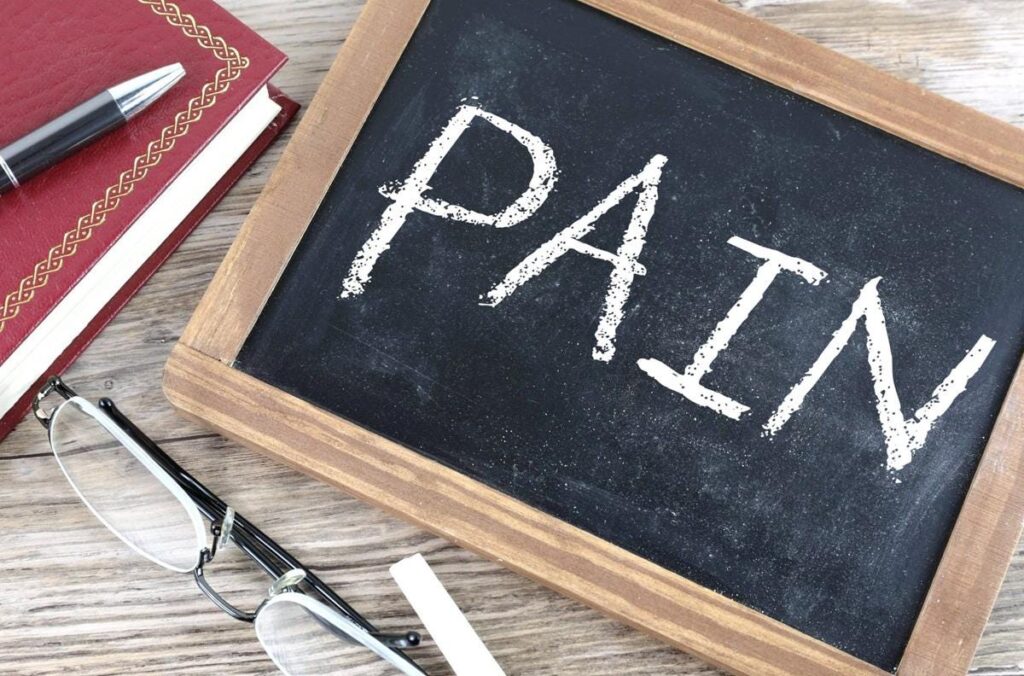Pain is more than just a physical experience. It engages both the mind and body, often leading to a cascading effect where emotions, stress, and mental health can influence how we perceive and manage it. For those in pain management, understanding the psychological aspects of pain can offer new opportunities for relief and healing. This article explores the connection between emotions, stress, and pain, along with strategies rooted in psychology to help improve your quality of life.
Can Emotions Worsen Pain?
Yes, emotions can have a powerful impact on how pain is experienced. Negative emotions like fear, anxiety, or sadness can amplify the sensation of physical pain. Here’s how it works:
Pain is processed through the brain, and when emotional distress is high, the brain’s pain centers can become more sensitive. If you’re in constant emotional turmoil, your brain may interpret normal sensations as more painful than they truly are. This is often seen in conditions like chronic pain, where emotions like frustration and hopelessness worsen symptoms over time. Cultivating positive emotions and focusing on relaxation techniques can break this cycle. Practices like mindfulness, gratitude journaling, or even seeking social support can influence how you emotionally handle pain management, reducing its overall impact.
How Does Stress Affect Pain?
Stress is a significant contributor to pain. When you’re stressed, your body releases hormones like cortisol, which can increase inflammation and make pain more intense. Stress can create tension in muscles, leading to stiffness and discomfort, particularly in areas like the neck, shoulders, and back. Chronic stress keeps your body in a prolonged state of fight-or-flight, which can heighten the nervous system’s sensitivity to pain signals. This adds another layer of intensity, making everyday pain feel even worse.
Thankfully, stress can be managed effectively through targeted strategies. Deep breathing, yoga, and meditation are excellent ways to calm the nervous system and reduce tension in the body. Setting boundaries in your daily routine, taking time off, and finding the right work-life balance are also key for minimizing stress and its effects on pain.
What Are Psychological Pain Management Treatments?
Psychological approaches to pain management focus on the mind-body connection. They aim to address how your thoughts and emotions influence your perception of pain. Common psychological treatments include:
- Cognitive Behavioral Therapy (CBT): This therapy helps you identify and change unhelpful thought patterns that may deepen your pain experience. It’s effective for reducing the stress and anxiety often associated with chronic pain.
- Mindfulness-Based Stress Reduction (MBSR): Using mindfulness techniques, this approach encourages you to focus on the present, cultivating awareness and acceptance of your pain without judgment. This reduces the mental suffering associated with physical pain.
- Biofeedback Therapy: This treatment teaches you how to control bodily functions like heart rate, blood pressure, and muscle tension to decrease pain intensity.
- Progressive Muscle Relaxation: Aimed at reducing physical and emotional tension, this technique involves tensing and relaxing different muscle groups to calm your body and reduce discomfort.
- Acceptance and Commitment Therapy (ACT): ACT focuses on helping individuals accept their pain while committing to actions that align with their values, enabling them to live meaningful lives despite discomfort.
These therapies not only reduce pain intensity but also give you tools to regain control over your life. They can be tailored to your specific condition or preferences, fitting seamlessly into your pain management plan.
Consult a Specialist
Managing pain can feel overwhelming, but you don’t have to face it alone. Psychological approaches, when combined with medical treatments, can lead to remarkable improvements in both physical and emotional well-being. If pain is interfering with your daily life, consult a specialist who can provide tailored advice and guidance. Reach out to your healthcare provider or schedule a consultation with a pain management specialist today.

